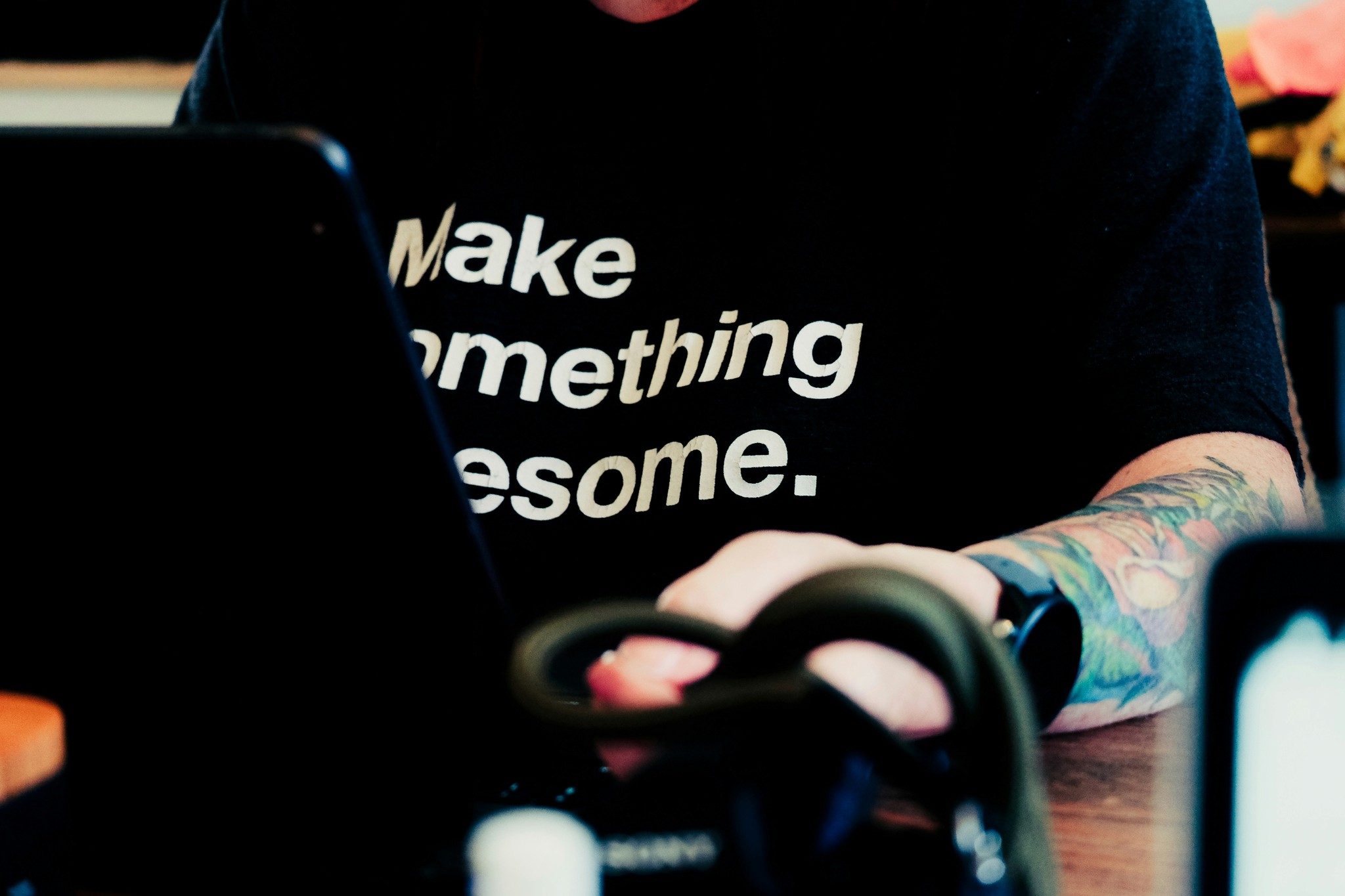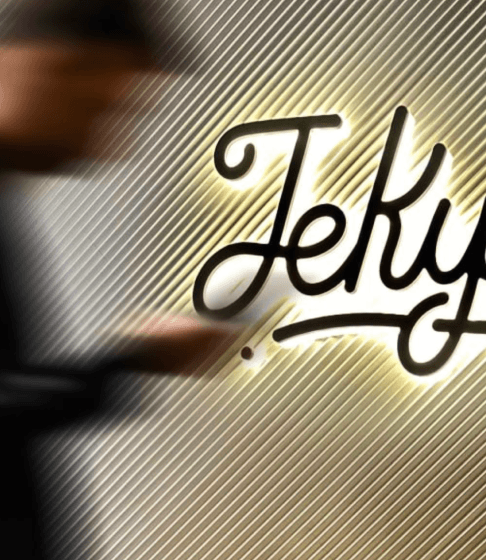Subscribe
Updated on Sep 25, 2024
"Before embarking on a journey, drink a glass of brandy 103. Not more!",
said an ad for the brandy 103 in the sixties. The almost nonexistent regulation around alcohol at that time and the lack of knowledge about its negative effects on health led to massive alcohol consumption in the baby boomers generation. The industry had everything in its favor to attract customers.
However, the situation is very different today. Alcohol consumption is declining. This is because Generation Z and Millennials drink less alcohol than previous generations. One of the reasons for this is the proliferation of healthy consumption habits and personal care. According to a Mintel study, 67% of Generation Z says they avoid harmful activities to their health, such as excessive drinking.
Staying at home is the new going out for the youngest Millennials.
Not only that, but these young generations opt to satisfy their needs in the comfort of their homes. According to the same study, in 2018, 28% of the youngest Millennials preferred to drink at home because going out requires too much effort. For them, staying at home is the new going out.
This trend is observed, for example, in the increase of home delivery food: by 2023, this market is expected to grow by 11.51%, according to the Online Food Delivery Services Global Market Report 2020: COVID- 19 Growth and Change. If the mountain will not come to Mahomet, Mahomet must go to the mountain. Saucey, a company in Los Angeles (USA), offers the consumer a home delivery service of high-quality beers and cocktails with a wide catalog of brands to choose from.

Therefore, in order not to lag behind, the hospitality and restaurant sector must seek new formulas to attract these young customers and encourage them to leave their homes. One of the techniques that is working is offering a new menu, in other words, creating new cocktails that catch the attention of these generations. Almost half (49%) of Millennials say that trying a new drink is the main reason they go to a bar, according to Mintel.
Also, in the midst of the digital revolution, young people are very connected to the Internet and social media is their field of action. So much so that these generations frequent spaces that can be photographed. If the experience is not worthy of an Instagram post, they will choose to stay at home or frequent another establishment with more style.
Generation Z is four times more likely to pay a premium for cocktails that look good on their Instagram feeds than previous generations, according to the Franklin & Sons survey.
Social prestige is the king of the Gen Z mentality and, therefore, in order to attract these consumers, establishments are investing in creating spaces that are attractive for social media. That is why there is a trend of redecorating venues with neon lights. Dirty Martini, the British cocktail chain, has neon artwork in its establishments for its customers to take photos and upload the content to social media.

On the other hand, there is also an increase in nightlife experiences that do not revolve around alcohol. Teetotalers are in fashion. There are increasingly more restaurants where they offer non-alcoholic cocktails focused on this group on their menu.
But it does not just stop there, startups like Liquid Death are turning this concept around. "Why should unhealthy products be the only brands allowed to be loud, fun, and weird?", they explain on the Liquid Death website. The brand wants to set aside the prejudices of drinking water in places where alcohol is usually consumed, therefore, it offers its customers a disruptive bottle, whose water comes from an underground source in the Alps mountains, with an original style, far from the conventional plastic bottle.
In this line, complementary businesses such as integrating nostalgic children's games and retro sports in bars are gaining strength. According to Mintel, almost a quarter of Millennials (22%) believe that bars would benefit from adding activities to their offering. Billiards, petanque, or darts are starting to appear in establishments.
Ballie Ballerson, a cocktail bar in the heart of London, has updated the concept of a ball pit for children and has readapted it for an adult audience. The key to their business lies in the combination of cocktails with childhood nostalgia. Customers come to this venue to return to their childhood parties, but without losing maturity.
Taking the ideas of Charles Darwin and his theory of evolution, companies must adapt to this new paradigm in order to survive. The economy is constantly moving and it is necessary to know where the wind is blowing to guide the brand towards success.
The alcoholic beverage sector is at a key moment, in which brands must stand out from their competitors, either by serving their cocktails in the consumer's own home, or by attracting the customer to the restaurant door through new recipes, redecorating the setting, or looking for complementary businesses.




